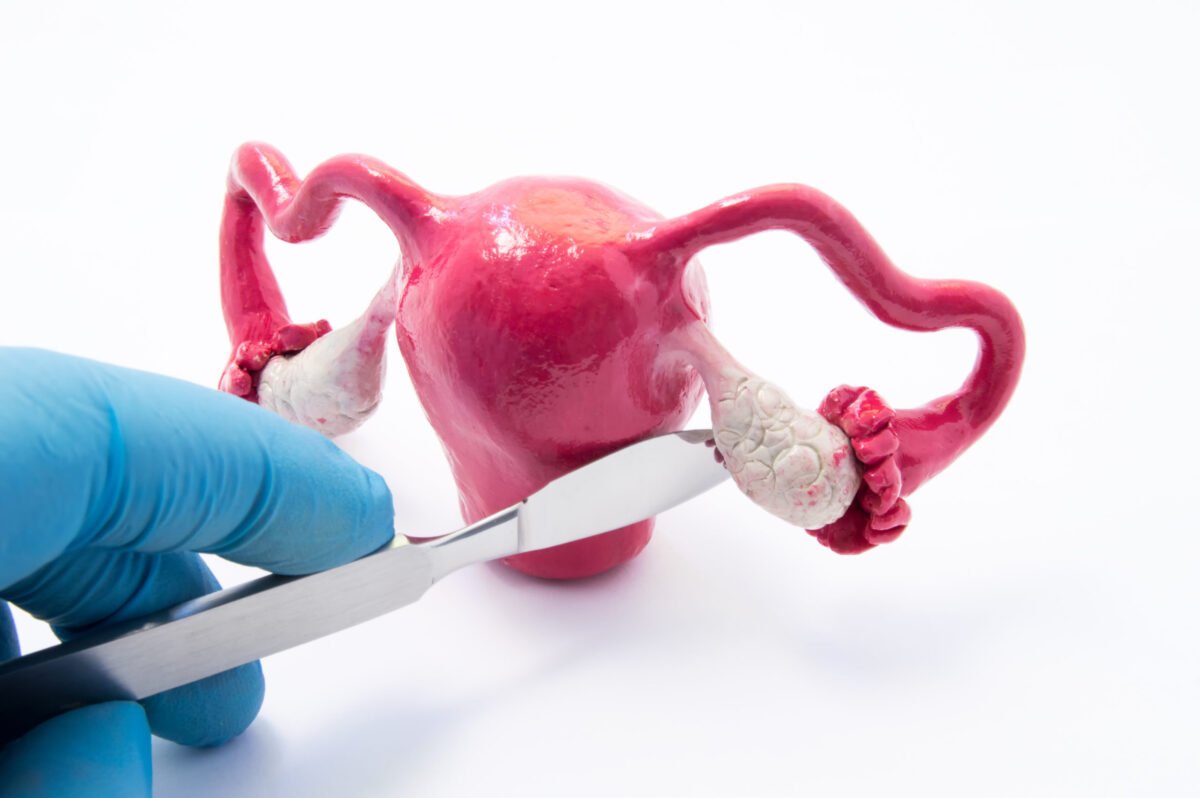Ovarian Cysts
What Is an Ovarian Cyst?
Ovarian cysts are solid or fluid-filled pockets in or on your ovary. They’re common, especially in women who are pregnant or who haven’t gone through menopause yet. Most of the time, they’re painless and harmless. You might get one every month as part of your menstrual cycle and never know it. They usually go away on their own without treatment.
A cyst becomes a problem when it doesn’t go away or gets bigger. It can become painful. There’s also the possibility of cancer, but it’s rare. The chances go up as you get older
Ovarian Cyst Symptoms
Most ovarian cysts are small and don’t cause any problems. When there are symptoms, you might have pressure, bloating, swelling, or pain in one side of your lower belly. This pain may be sharp or dull, and it can come and go.
Sometimes, a cyst needs emergency attention. See your doctor right away if you have:

- Sudden, severe belly pain
- Pain with fever and throwing up
- Dizziness, weakness, or feeling faint
- Fast breathing
These things could mean your cyst has caused the ovary to twist.
Ovarian Cyst Diagnosis
Sometimes, your doctor finds cysts during a pelvic exam. They’ll ask questions about your pain and other symptoms.A cyst can be fluid-filled, solid, or mixed. To diagnose what kind you have, your doctor may recommend one or more of the following tests:

- Pelvic ultrasound.
- Laparoscopy.
- CA 125 blood test.
AddOvarian Cyst Treatment
Most cysts go away on their own. Your doctor may suggest watching and waiting for changes.
Your doctor can give you medicine for pain. They might also prescribe birth control pills. The hormones in the pills won’t make the cysts go away, but they can help prevent new ones.
Some ovarian cysts need surgery. That includes those that are large, don’t go away, or cause symptoms. You could also need surgery if you’re near menopause, because cysts are more likely to be cancerous. Depending on your case, the surgeon may take just the cyst or the entire ovary.
There are different types of surgery:
- Laparoscopy is for smaller cysts. The doctor makes a tiny cut above or below your bellybutton. A small tool with a camera allows your doctor to see inside, and a different tool removes the cyst or ovary. You probably won’t have to stay in the hospital overnight.
- Laparotomy is for cysts that may be cancerous. It is done with a bigger cut in the belly.





